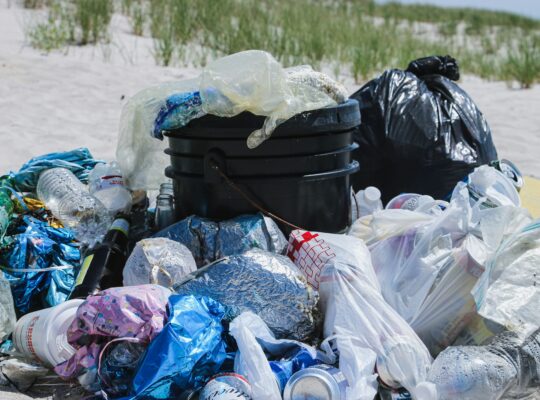International Environmental Education Day
International Environmental Education Day on January 26 is a day to reflect on the issues and questions that pertain to helping the environment. On this day, we identify the environmental issues that arise on both a global and local scale and raise awareness about the need for participation in order to protect the environment and mitigate the various levels of impact caused by climate change.
The International Environmental Education Day was created in June 1972 when the United Nations held a conference in Stockholm, Sweden. The conference focused primarily on the Human Environment, and many of the common principles and standards that should be followed for environmental protection were discussed.
Following this conference, many countries gathered at the International Workshop on Environment in Belgrade, where the “Belgrade Charter” was published. The Charter illustrates the goals, objectives, and guiding principles of environmental education projects as well as the intended audiences, which they’ve stated to be both the formal and non-formal education sectors.
The goal of environmental education is to create a world population aware of and concerned about the environment and with the knowledge, skills, attitudes, motivations and commitment to work individually and collectively towards solutions to current problems and the prevention of new ones.
How to celebrate:
- Be aware of climate change. Learn the root causes and origins of the state of our environment today.
- Join events that promote the environment- many programs, conferences and events are organized to teach and stimulate discussion about the environment.
- Organize workshops and seminars in your school or work and involve experts to speak on issues like climate change, biodiversity and sustainable practices.
- Screen documentaries that focus on environmental issues and solutions
- Involve your community in environmental projects such as community gardens or recycling.
- Participate in town hall meetings to discuss and address specific environmental challenges in your area.
Fun Facts:
- Different types of environmental education include geology, chemistry, aquatic science, and marine biology.
- Ecoliteracy is a term often used in environmental education and refers to the ability to understand and appreciate the principles of ecological systems and apply this understanding to solve environmental challenges.
- Citizen science plays an important role in environmental education, allowing individuals and community members to contribute directly to science.
- Outdoor and nature-based education has many benefits, including improved concentration, enhanced creativity and reduced stress levels in students.










